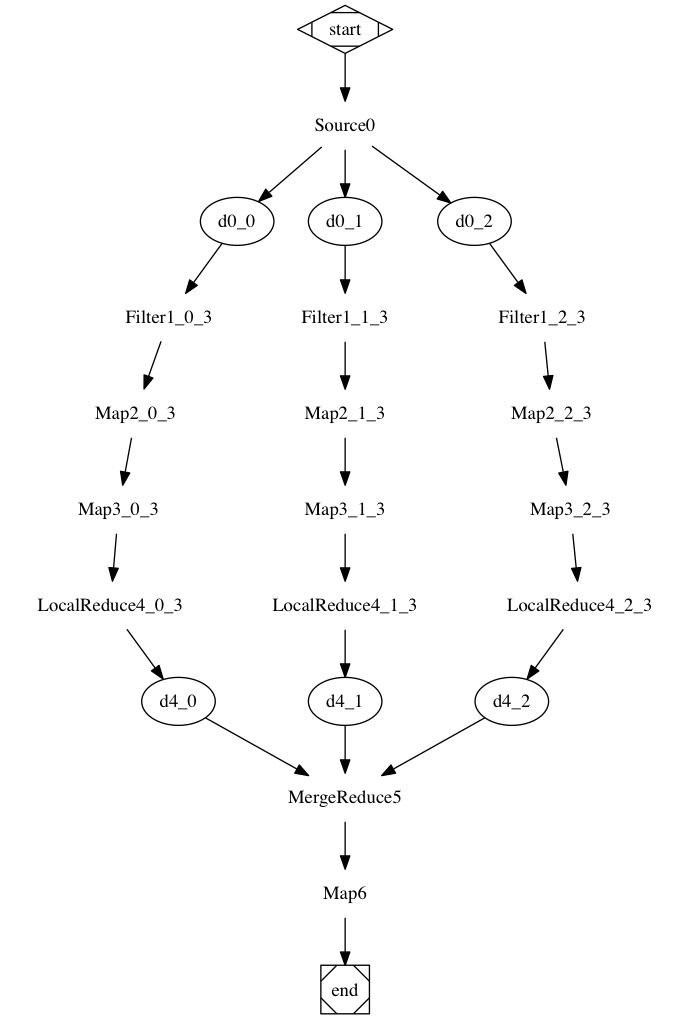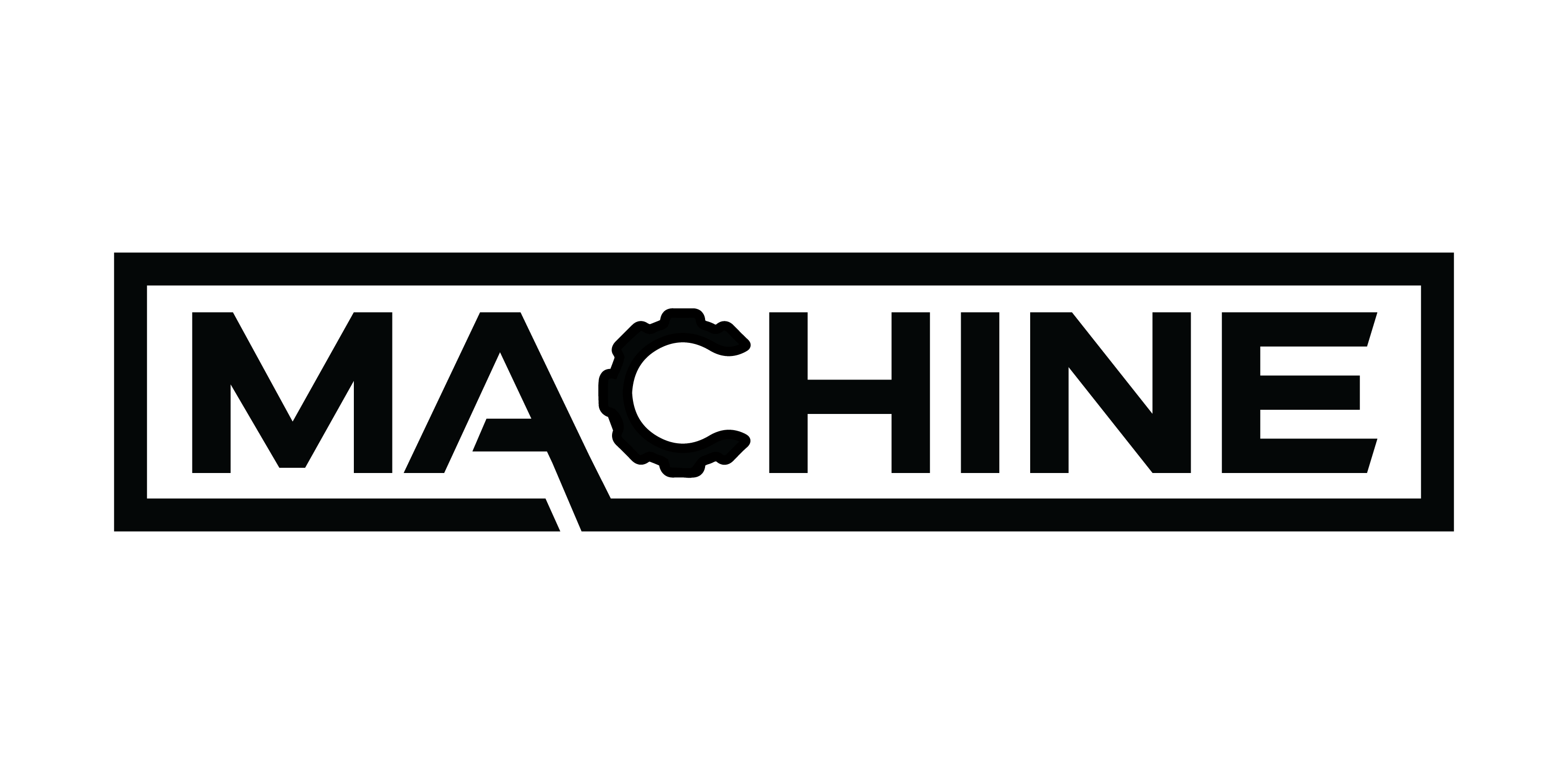This project is deprecated. Please see this email for more details.
Heka
Data Acquisition and Processing Made Easy
Heka is a tool for collecting and collating data from a number of different sources, performing "in-flight" processing of collected data, and delivering the results to any number of destinations for further analysis.
Heka is written in Go, but Heka plugins can be written in either Go or Lua. The easiest way to compile Heka is by sourcing (see below) the build script in the root directory of the project, which will set up a Go environment, verify the prerequisites, and install all required dependencies. The build process also provides a mechanism for easily integrating external plug-in packages into the generated hekad. For more details and additional installation options see Installing.
WARNING: YOU MUST SOURCE THE BUILD SCRIPT (i.e. source build.sh) TO BUILD HEKA. Setting up the Go build environment requires changes to the shell environment, if you simply execute the script (i.e. ./build.sh) these changes will not be made.
Resources:
- Heka project docs: https://hekad.readthedocs.io/
- GoDoc package docs: http://godoc.org/github.com/mozilla-services/heka
- Mailing list: https://mail.mozilla.org/listinfo/heka
- IRC: #heka on irc.mozilla.org





